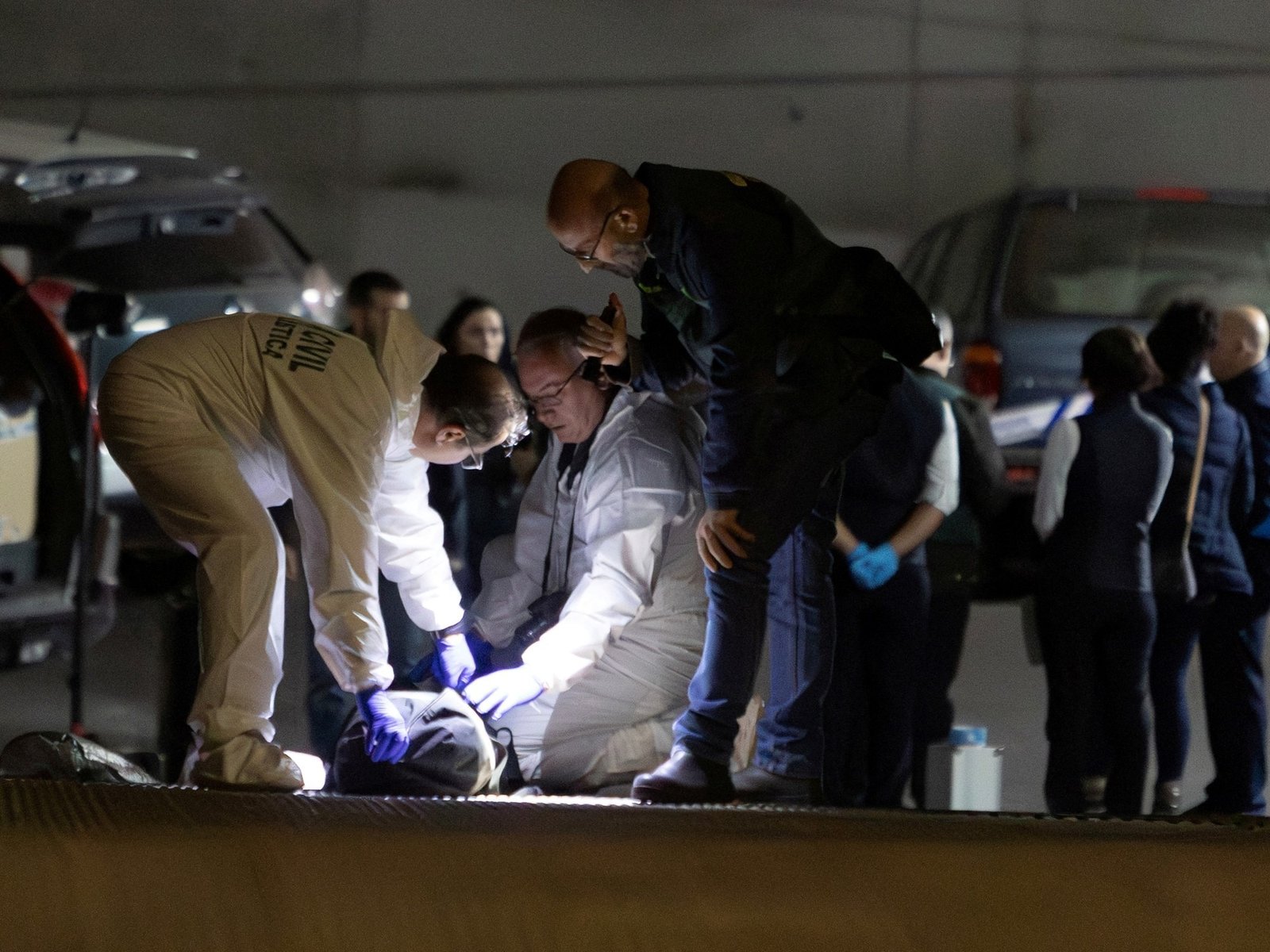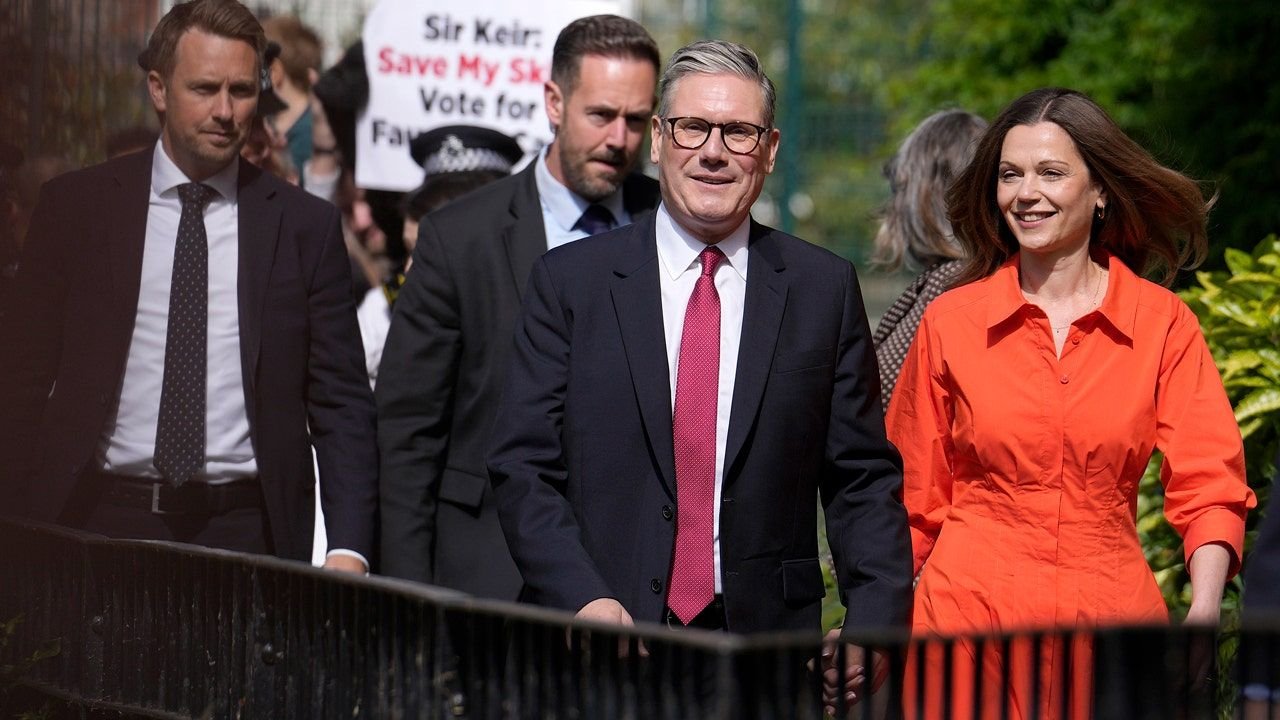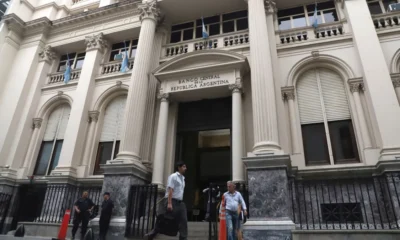INTERNACIONAL
¿Sicarios rusos mataron al militar desertor en España? Crecen las sospechas sobre el gobierno de Vladimir Putin

El gobierno de Rusia habría enviado a sicarios para que asesinaran en España a un militar ruso que desertó con su helicóptero a Ucrania el año pasado y que apareció acribillado en un pueblo de Alicante. Es la versión publicada este jueves por el diario madrileño El País, que cita fuentes de los servicios españoles de inteligencia.
«Los servicios de inteligencia españoles no tienen duda de que la larga mano del Kremlin está detrás de un crimen sin precedentes en España: el asesinato en Alicante de Maxim Kuzmínov», escribió el diario.
La única duda es si detrás de la operación está el Servicio ruso de Inteligencia Exterior (SVR), el servicio federal de seguridad (FSB), o el servicio militar de inteligencia (GRU), señalaron a El País las fuentes de inteligencia, quienes no obstante dijeron que será «muy difícil» conseguir pruebas incriminatorias.
El País cita también «fuentes diplomáticas» que califican el asunto de «gravísimo» y según las cuales España dará una «respuesta contundente» si se confirma la implicación de las autoridades rusas.
La muerte de Kuzmínov, confirmada por la inteligencia militar ucraniana (GUR) y celebrada por el gobierno ruso, sigue rodeada de misterio, ya que las autoridades españolas no han confirmado todavía que un cuerpo acribillado a balazos el 13 de febrero pasado en la costa española sea el suyo.
Varios medios españoles reportaron el lunes que el cuerpo, que portaba una identidad falsa, era el de Kuzmínov.
 Maxim Kuzminov, en ante la prensa en septiembre en Kiev. Había desertado de Rusia a Ucrania. Foto: AP
Maxim Kuzminov, en ante la prensa en septiembre en Kiev. Había desertado de Rusia a Ucrania. Foto: AP Una portavoz de la Guardia Civil, el cuerpo armado que lleva las investigaciones en España, dijo este jueves a la AFP que no tenía información nueva sobre el caso, mientras que el Ministerio del Interior declinó comentar.
El Ministerio de Defensa, al que responden los servicios de inteligencia españoles, se limitó a señalar a la AFP que «hay que dejar que la Guardia Civil haga su trabajo y que la investigación avance», la postura oficial del gobierno español.
Los servicios de inteligencia españoles creen que el crimen, ocurrido en una zona de gran concentración de rusos y que las autoridades españoles calificaron en un primer momento como un ajuste de cuentas, fue cometido por sicarios, que ya habrían salido de España.
En España son muchos los que sospechan del Kremlin. El asesinato ocurrió pocos días antes de la misteriosa y sorpresiva muerte en una prisión de Siberia del opositor ruso Alexei Navalny, que también desató duras acusaciones contra el gobierno de Vladimir Putin.
El Kremlin se ha encargado desde hace años de hacer callar las voces disidentes, proscribiendo por ejemplo a los políticos que podrían competir con Putin en las elecciones de marzo -en las que se prevé una abrumadora reelección del mandatario- y reprimiendo cualquier protesta opositora en las calles.
Seis balazos y un auto carbonizado
Después de dispararle hasta en media docena de veces, los asesinos lo atropellaron con su propio automóvil y huyeron, según El País.
El vehículo, carbonizado, fue encontrado poco después en un pueblo vecino.
Crítico de la guerra en Ucrania, Kuzmínov desertó en agosto pasado a bordo de un helicóptero del ejército ruso y aterrizó en territorio bajo control ucraniano.
Dos compañeros que iban con él, que no tenían conocimiento de los planes, fueron abatidos por fuerzas ucranianas cuando intentaron huir.
«Este traidor y criminal se había convertido en un cadáver moral desde el momento en que planeó su despreciable y terrible crimen», se congratuló el martes el jefe del Servicio de Inteligencia Exterior (SVR), Serguéi Naryshkin, citado por la agencia oficial TASS, sin confirmar ni negar una implicación rusa en la muerte.
INTERNACIONAL
Britons cast their votes in heavily-anticipated UK parliamentary election

British voters were picking a new government Thursday in a parliamentary election widely expected to bring the Labour Party to power against a gloomy backdrop of economic malaise, mounting distrust in institutions and a fraying social fabric.
A jaded electorate is delivering its verdict on Prime Minister Rishi Sunak’s Conservative Party, which has been in power since 2010. Polls opened at 40,000 stations, including churches, a laundromat and a crematorium.
«Nothing has gone well in the last 14 years,» said London voter James Erskine, who was optimistic for change. «I just see this as the potential for a seismic shift, and that’s what I’m hoping for.»
NIGEL FARAGE’S RETURN TO POLITICS CAUSES WRINKLE IN BRITISH ELECTION: WHY HAS HE PROVEN SO SUCCESSFUL?
While Labour’s steady and significant lead in the polls would appear to buck recent rightward electoral shifts in Europe, including in France and Italy, many of those same populist undercurrents flow in Britain. Reform UK leader Nigel Farage has roiled the race with his party’s anti-migrant «take our country back» sentiment and undercut support for the Conservatives, who already faced dismal prospects.
Hundreds of communities were locked in tight contests in which traditional party loyalties come second to more immediate concerns about the economy, crumbling infrastructure and the National Health Service.
In Henley-on-Thames, about 40 miles west of London, voters like Patricia Mulcahy, who is retired, sensed the nation was looking for something different. The community, which normally votes Conservative, may change its stripes this time.
«The younger generation are far more interested in change,’’ Mulcahy said. «So, I think whatever happens in Henley, in the country, there will be a big shift. But whoever gets in, they’ve got a heck of a job ahead of them. It’s not going to be easy.»
Britain has experienced a run of turbulent years — some of it of the Conservatives’ own making and some of it not — that has left many voters pessimistic about their country’s future. The U.K.’s exit from the European Union followed by the COVID-19 pandemic and Russia’s invasion of Ukraine battered the economy, while lockdown-breaching parties held by then-Prime Minister Boris Johnson and his staff caused widespread anger.
Johnson’s successor, Liz Truss, rocked the economy further with a package of drastic tax cuts and lasted just 49 days in office. Rising poverty and cuts to state services have led to gripes about «Broken Britain.»
Labour Party leader Keir Starmer and wife Victoria arrive at a polling station to cast their vote in London, Thursday, July 4, 2024. Voters in the U.K. are casting their ballots in a national election to choose the 650 lawmakers who will sit in Parliament for the next five years. Outgoing Prime Minister Rishi Sunak surprised his own party on May 22 when he called the election. (AP Photo/Vadim Ghirda)
The first part of the day was sunny in much of the country — favorable weather to get people to the polls.
In the first hour polls were open, Sunak made the short journey from his home to vote at Kirby Sigston Village Hall in his Richmond constituency in northern England. He arrived with his wife, Akshata Murty, and walked hand-in-hand into the village hall, which is surrounded by rolling fields.
The center-left Labour Party led by Keir Starmer has had a steady and significant lead in opinion polls for months, but its leaders have warned against taking the election result for granted, worried their supporters will stay home.
«Change. Today, you can vote for it,» he wrote Thursday on the X social media platform.
A couple of hours after posting that message, Starmer walked hand-in-hand with his wife, Victoria, into a polling place in the Kentish Town section of London to cast his vote. He left through a back door out of sight of a crowd of residents and journalists who had gathered.
Labour has not set pulses racing with its pledges to get the sluggish economy growing, invest in infrastructure and make Britain a «clean energy superpower.»
But nothing has really gone wrong in its campaign, either. The party has won the support of large chunks of the business community and endorsements from traditionally conservative newspapers, including the Rupert Murdoch-owned Sun tabloid, which praised Starmer for «dragging his party back to the center ground of British politics.»
The Conservatives have acknowledged that Labour appears headed for victory.
In a message to voters on Wednesday, Sunak said that «if the polls are to be believed, the country could wake up tomorrow to a Labour supermajority ready to wield their unchecked power.» He urged voters to back the Conservatives to limit Labour’s power.
Former Labour candidate Douglas Beattie, author of the book «How Labour Wins (and Why it Loses),» said Starmer’s «quiet stability probably chimes with the mood of the country right now.»
The Conservatives, meanwhile, have been plagued by gaffes. The campaign got off to an inauspicious start when rain drenched Sunak as he made the announcement outside 10 Downing St. Then, Sunak went home early from commemorations in France marking the 80th anniversary of the D-Day invasion.
Several Conservatives close to Sunak are being investigated over suspicions they used inside information to place bets on the date of the election before it was announced.
Sunak has struggled to shake off the taint of political chaos and mismanagement that’s gathered around the Conservatives.
But for many voters, the lack of trust applies not just to the governing party, but to politicians in general. Farage has leaped into that breach.
The centrist Liberal Democrats and environmentalist Green Party also want to sweep up disaffected voters.
CLICK HERE TO GET THE FOX NEWS APP
«I don’t know who’s for me as a working person,» said Michelle Bird, a port worker in Southampton on England’s south coast who was undecided about whether to vote Labour or Conservative. «I don’t know whether it’s the devil you know or the devil you don’t.»
-
POLITICA3 días ago
La reacción del Gobierno ante la suba del dólar blue: “No vamos a devaluar ni a corrernos del plan de Caputo”
-
POLITICA2 días ago
Tras la tensión diplomática, Lula quiere eliminar el acuerdo automotriz con Argentina
-
POLITICA3 días ago
Milei respondió el comunicado de Bolivia, insistió en que fue “un golpe montando” y criticó a Lula Da Silva
-
ECONOMIA3 días ago
Por la caída de la actividad económica, el superávit de Milei y Caputo está en riesgo
-
ECONOMIA2 días ago
Para el economista Orlando Ferreres, Luis Caputo anunció «un Plan Bonex con otro nombre»
-
POLITICA2 días ago
Gesto de Milei a Mauricio Macri: el Gobierno resigna su representante en la AGN y se lo cede al PRO









































